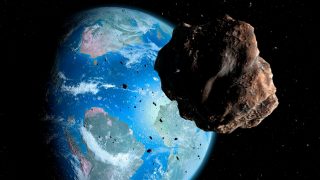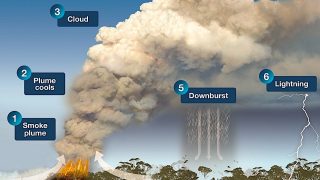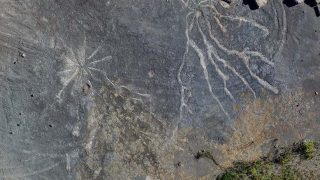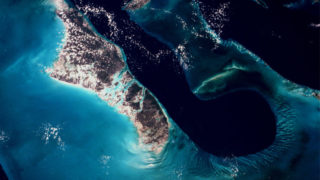
MI weekly selection #359
Meteorite likely chief cause of mass extinction The meteorite that struck Earth about 66 million years ago was likely the driving factor behind the extinction of the dinosaurs rather than extreme volcanic activity. Researchers examined deep sediments in the North Atlantic to create global temperature data and found that temperatures around the world at the […]








